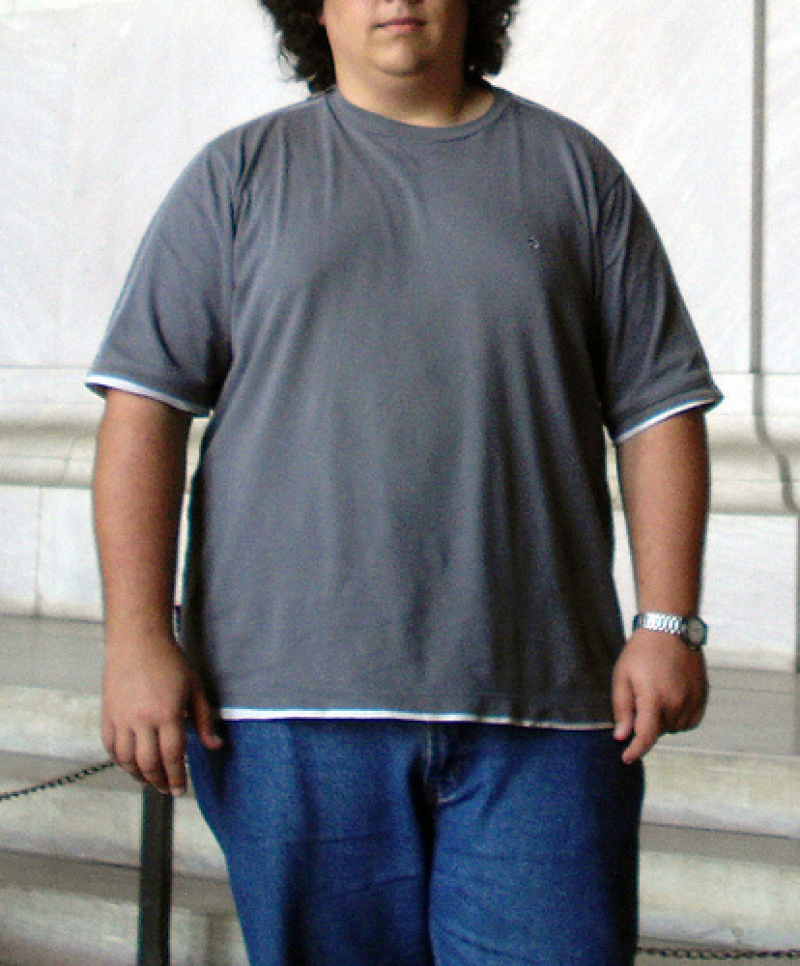
Health experts criticized a bill submitted by lawmakers in Puerto Rico that aims to impose fines on parents of obese children, ABC News reported.
According to the experts, the bill does not address the issue of obesity but instead abuses those who are suffering from it.
The proposed legislation, sponsored by Senator Gilberto Rodriquez, was drafted as an attempt to limit the number of obese school children in Puerto Rico.
If passed, the bill will require school officials to identify students who are overweight. These children will then undergo programs conducted by local health departments. The programs include a medical analysis on their condition before subjecting the students to a diet and exercise routine, according to the Washington Post.
The condition of the obese students will be monitored by health officials every four weeks. However, if a student's weight does not improve after half a year, his or her parents will have to pay a fine of up to $500. If the student still does not lose weight after another six months, the parents will pay the government $800.
Supporters of the legislation argue that the bill aims to hold parents accountable for their children's health condition. They believe doing so will get them more involved in lowering the country's number of obesity cases.
However, according to health experts, obesity is caused by various factors that cannot be addressed by simply utilizing one particular method. In addition, the lawmakers' intention to penalize parents is intrusive.
"It would mean entering into a private area where the government does not belong," nutritionist Milly Garcia told the local El Nuevo Dia newspaper according to the Washington Post.
"Obesity is the result of many factors and what we need to do is find solutions," she added.
Like Garcia, Rebecca Puhl, the deputy director of the University of Connecticut's Rudd Center for Food Policy and Obesity believes that the issue of obesity is complicated and requires further deliberations.
Puhl noted that rewarding parents for promoting healthy diets at home might be a more effective solution than punishing them.


















